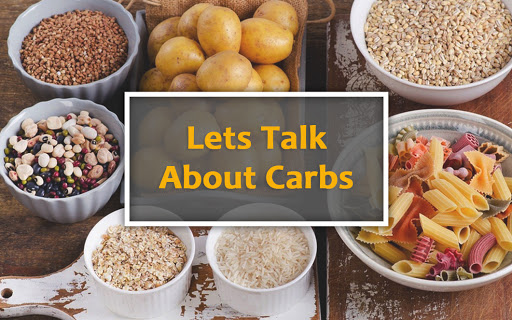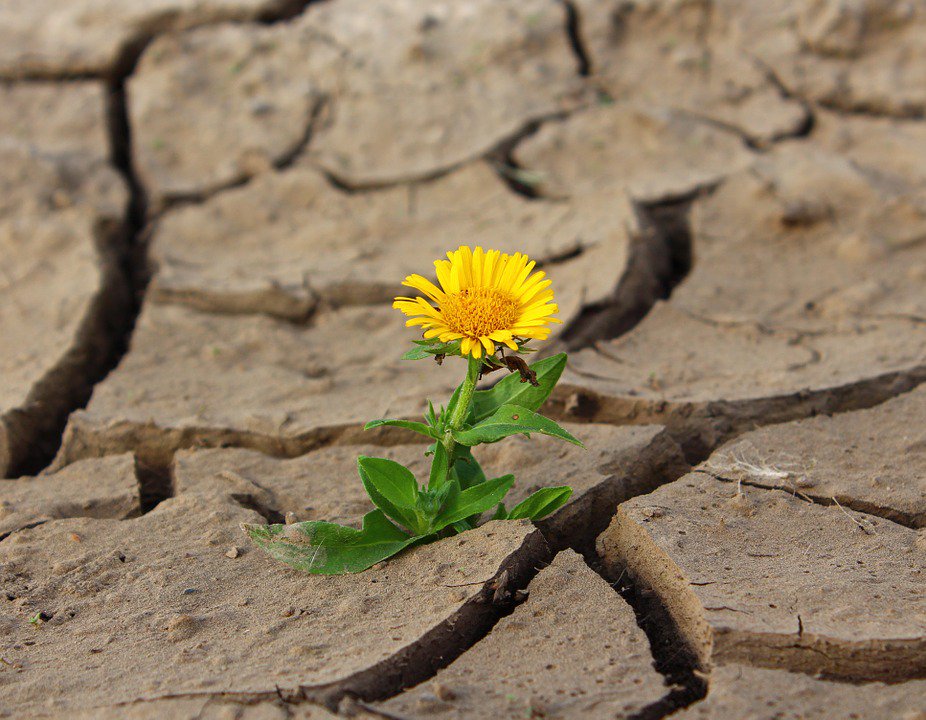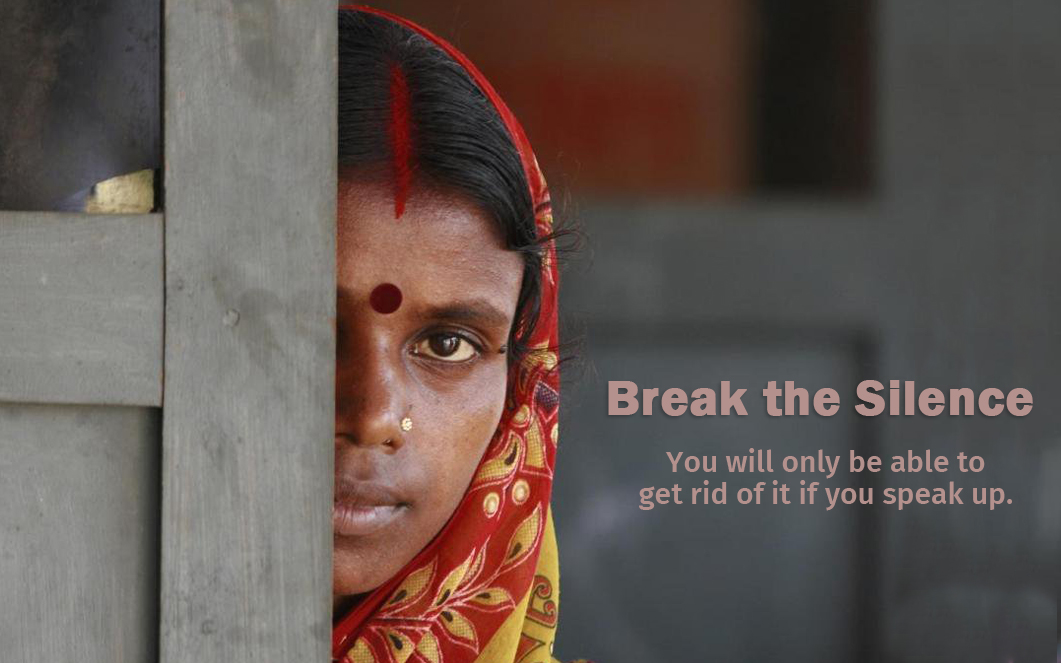
/div>
When trying to lose weight, many people cut out carbs. But this is a huge misconception. Thanks to diets like Atkins and Ketogenic diets, many of us have started to fear eating carbs. But the science behind carbohydrates is actually very complex, and demonizing an entire food group is not wise. Refined and complex carbs are very different, and it’s important to distinguish between the two.
It is possible to eat carbs and lose weight, you just need to know the trick:
1. Eat the right carbs
Let’s take for example potato, everyone’s favorite, this veggie gives you nutrition and has low energy density. On the other hand, French fries are deep fried and obviously an unhealthy way of cooking the potatoes. They should either be boiled or sautéed.
All ‘Low Carb’ diets are not Ketogenic. Low carb diets should target 150-200gm carbs per day. These carbs should come from complex sugars like fibrous fruits and veggies. As against this, a Ketogenic diet provides around 20-50gms carbs per day only and most of the energy is obtained from a high content of fat. It leads to a state of ketosis which is highly beneficial for people with certain diseases like epilepsy, diabetes, metabolic syndrome, or obesity. However, this extreme form of carb-restriction is not the only way to do a ‘low-carb’ diet.
2. Not all carbs are unhealthy sugar
There are many different types of sugars. Simple sugars include glucose, fructose, and galactose. Starch contained in grains and veggies gets broken down into glucose in the digestive tract. However, the sugar in a vegetable is not the same as that of a candy bar which contains sucrose (glucose+fructose). Thus, where as table sugar contains half glucose-half fructose, starch is only glucose. A balanced diet with portion control and complex carbohydrates can work well for weight loss.
3. Low Carbs diet can lead to weight gain
When following a low-carb diet, many people turn to foods that are high in fat and calories – even the good fat in too large a portion can cause a problem with weight gain. Portion sizes are primarily important no matter what diet you follow. Many low-carb foods can be fattening, especially for people who are prone to binge eating and have a history of fad diets.
4. Combo of energy and fibre
Carbs also contain fibre which our bodies can’t digest – Deeply understand; Fibre actually gets to the bacteria in the intestine, which has the enzymes to digest it and can turn it into beneficial compounds. That means fibre is essential for a healthy gut, which has been linked to maintaining a healthy weight. Some studies have even shown that fibre, especially soluble fibre (like those found in oats), can lead to weight loss and improved cholesterol
Aim for a mix of vegetables and whole grains in your diet to boost fibre consumption and drink plenty of water.
5. Carbs make you happy
It is commonly seen that people staying away from carbs have mood swings, trouble in concentrating and get easily frustrated. The simple answer is carbs help in creating a happy hormone called Serotonin. Tryptophan is an important amino acid and is the precursor of Serotonin. It cannot cross the brain’s blood barrier and needs carbs to help it cross over. Also, Tryptophan converts to serotonin and serotonin to melatonin, which is involved in our sleep cycle. Therefore, carbs make you happy and help you sleep, both of which are important factors for weight loss.
6. Cutting carbs is not sustainable
People observe some amount of weight loss in the initial phase of carb restriction. The question however is, can you do without it for lifetime? The answer is a big no. We need to be sensible enough to pick on the habit of clean eating and adapting lifestyle changes.
If you want to lose weight, look at portion control, a diet that is tailored to your needs, and up your exercise so that as a simple equation you’re burning off more calories that you eat.
Fisher Disease : A Painful Misnomer

Anal Fissure or Fissure-in-ano is a small crack or tear in the opening and lining of the anus. Written as ‘fisher’ by many because of an error in spelling, this rather painful condition has taken the name of ‘Fisher disease’ among many Indians.
An anal fissure occurs because of various reasons that include:
A) Passing hard stools – Lack of high-fibre diet , low water intake, constipation are the possible reasons that can cause hard stools.
B) Straining during childbirth – trauma to the skin between the posterior vagina and the anus medically known as perineum can potentially cause a tear in the delicate skin of the anus.
C) Repeated episodes of diarrhoea – Repeated perks of diarrhoea can also lead to anal fissure.
D) Due to medical procedures : The insertion or various medical devices for diagnosis eg: Endoscope, Rectal Thermometer, enema tip can result in a trauma causing fissure .
Types of Anal Fissure: There are two types of anal fissures
1. Acute Anal Fissure : Acute anal fissures occur suddenly and potentially heal within a time span of 2 weeks. They are associated with tremendous pain. These type of anal fissured can be treated with medicines and cream .
2. Chronic Anal Fissure : Chronic anal fissure generally fail to heal within the time span of 8 to 9 weeks and can worsen the case by reducing the diameter of the anal opening by half centimetre (½ cm) due to which there are chances of recurrence of the fissure every time the patient passes out the stools.
Signs and Symptoms of anal fissure :
Usually the diagnosis of anal fissure can be really easy just by asking your self few of the following questions –
1. Do I have a burning sensation or a sensation which makes me feel as if a sharp subject is pricking me ?
You will have burning pain when you pass stools because of the tear.
2. Am I bleeding from the bottom ? Is the blood bright red in colour?
The bleeding may be caused due to the tear in the anal canal due to which the blood may be fresh blood streak on the stools or on the tissue paper.
3. Do you feel like itching around the anus (medically termed as pruritus ani) ?
You may have an itchy feeling and this is one of the commonest symptoms associated with a fissure.
If you think you have a fissure you can try some of the following tips and preventive measures :
1. Use some Vaseline jelly or liquid paraffin before you go to pass your stools .
2. Try using some laxative.
3. Have a high fibre diet and increase you water intake to a min of 3 litres and reduce intake of spicy food.
4. You can use some stool softeners. I would recommend Constac powder which contains all natural laxatives which are digestive in nature with no side effects.
5. If you have a lot of itching, try Anoac cream which is very effective on fissures.
6. Ignore using tissue and replace it with a shower or gently dab with wet wipes. The reason we suggest not to use a tissue is because it is abrasive and rough on the skin.
7. When you are passing stools , take it easy and go slow , as in many situations letting it go fast can aggravate the fissure.
These above tips can help you in taking care of an acute fissure. However, in case of a chronic fissure or an acute fissure that shows no signs of healing, it is wise to visit a Proctologist and avail good treatment at the earliest.
For an appointment with leading Proctologist, Dr Ashwin Porwal click here .
For more information and treatment for fissures you can click here
Have Piles? Shed the Shame

Our culture has a huge impact on how we think, what we choose to speak about and what we leave unsaid. It’s little wonder then, that most of us, especially women are shy when it comes to speaking about certain conditions like piles, constipation or prolapse that involve private parts. We choose to suffer in silence rather than coming forth and seeking help. Being the wife of a Proctologist, I often get to hear stories of how women have remained closemouthed for years until the disease has flared up to alarming complications.
Although we have tried to spread awareness and encourage women to shed their inhibitions, we have observed that there are quite a few who are still reluctant to come to us for a consultation, despite Healing Hands Clinic being the most advanced Proctology (branch of medicine that deals with diseases of the rectum and anal canal like piles, prolapse, constipation, fissure, fistula etc.) center.
Women often want a female doctor to consult with, especially for such conditions. Being a doctor myself, and having been brought up in a very ‘Indian’ culture, I understand both sides of the coin. However, all the wisdom in me reiterates that it is far more important to go to the doctor with the best knowledge of the disease, rather than settle for a doctor of a particular sex just because my mindset and culture conforms to it. Having said that, we ensure that no matter who the consulting doctor is, the presence of female assistants is a prerequisite for examination of female patients. EVERY FEMALE PATIENT IS MADE EXTREMELY COMFORTABLE DURING CONSULTATION, RESPECTING HER DIGNITY IS OUR TOPMOST PRIORITY DURING EXAMINATION. We have hundreds of happy female patients from every culture and every strata of society, and it is a matter of pride for us to have served them within their confines of decency.
This is to all you women out there; Leave behind the reticence, it’s your body, stand up for it. There is no shame in speaking to your doctor. Man or woman, we all have all sorts of health issues, and we all deserve the best care for it. So take the first step towards respecting your body and opt for the best medical care.
Like we urge to one and all; HAVE PILES? SPEAK UP.
At Healing Hands Clinic, we have best lady doctor for piles in Pune, Mumbai,
Nashik and Bengaluru centers.


